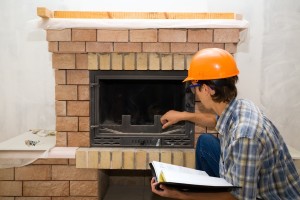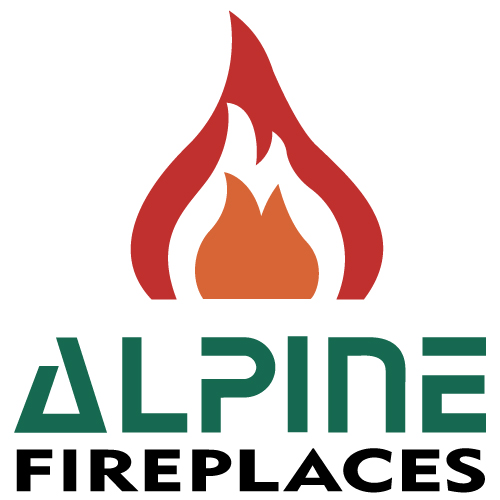3 Problems Affecting Gas Fireplaces
 When it comes to ensuring a cozy environment inside of your home, nothing blends ease and comfort quite as well as a gas fireplace. Compared to their wood burning kin, gas fireplaces are much easier to use, clean and maintain. However, just because these fireplaces are easy to use doesn’t mean that a gas fireplace won’t experience certain problems from time to time.
When it comes to ensuring a cozy environment inside of your home, nothing blends ease and comfort quite as well as a gas fireplace. Compared to their wood burning kin, gas fireplaces are much easier to use, clean and maintain. However, just because these fireplaces are easy to use doesn’t mean that a gas fireplace won’t experience certain problems from time to time.
Unfortunately, many people fail to recognize the signs that something is going wrong with their gas fireplace. This can lead to more significant problems — problems that are both more expensive to have fixed and potentially more dangerous for you and your family.
If you would like to improve your gas fireplace troubleshooting skills, read on. This article will discuss three of the most frequently experienced problems.
- Excessive Amounts of Soot
A gas fireplace that is in good working order generates virtually no soot or smoke. That’s because the combustion of gas is much more efficient than the combustion of wood. This is especially true of unvented gas fireplaces, which are capable of burning at extremely high temperatures, and thus ensuring an even greater efficiency than vented gas fireplaces.
All that said, a gas fireplace may sometimes begin to produce abnormal amounts of soot or smoke. For those with a vented gas fireplace, this issue can often be resolved by having a professional adjust the fireplace’s air setting. More air means more oxygen, which means more efficient combustion. Also, unwanted soot levels can be reduced by adjusting the position of the damper.
- Odd or Unusual Sounds
Gas fireplaces are also prized for their ability to produce comfortable heat levels with a minimum of noise. In fact, a well-working gas fireplace is virtually silent once it has warmed up.
It isn’t uncommon to hear certain noises like popping and clicking in the first few minutes after turning on the fireplace. Such sounds are nothing more than the metal components expanding as they warm up, and should disappear within several minutes.
If you have noticed that your gas fireplace continues to produce unsavory sounds no matter how long it has been running, something more serious could be going on. For example, your pilot light may have become maladjusted. A professional can usually remedy this by simply dialing down the amount of gas flowing to the pilot light.
Those unusual sounds may be related to one or more leaks within your fireplace’s burner assembly. A repairperson will often test this hypothesis by spraying the area with a mixture of water and liquid dish soap and then turning on the fireplace. Any escaping gas will cause bubbles to form in the solution, thus allowing the technician to pinpoint the location of the leak.
- Strange Smells
Generally, there are few smells associated with gas fireplaces, however, those with unvented systems are more likely to produce unpleasant odors. These odors are the result of either impurities or additives present in the gas supply. The combustion of such substances produces stinky chemicals such as sulfur dioxide.
While opening a nearby window is often enough to dissipate these otherwise harmless smells, it is important to know that the smell of raw gas always represents a potentially deadly scenario. This is true whether you have a vented or an unvented gas fireplace.
If you notice that your fireplace is giving off the smell of raw gas, evacuate your family from the home immediately and contact your local fire department.
Gas fireplaces are the easiest and most reliable ways to heat a home. However, it is important to realize that problems will arise from time to time. Knowing how to recognize common problems is therefore of paramount importance. Contact a trustworthy fireplace professional as soon as possible if you have noticed any of the issues discussed above.


